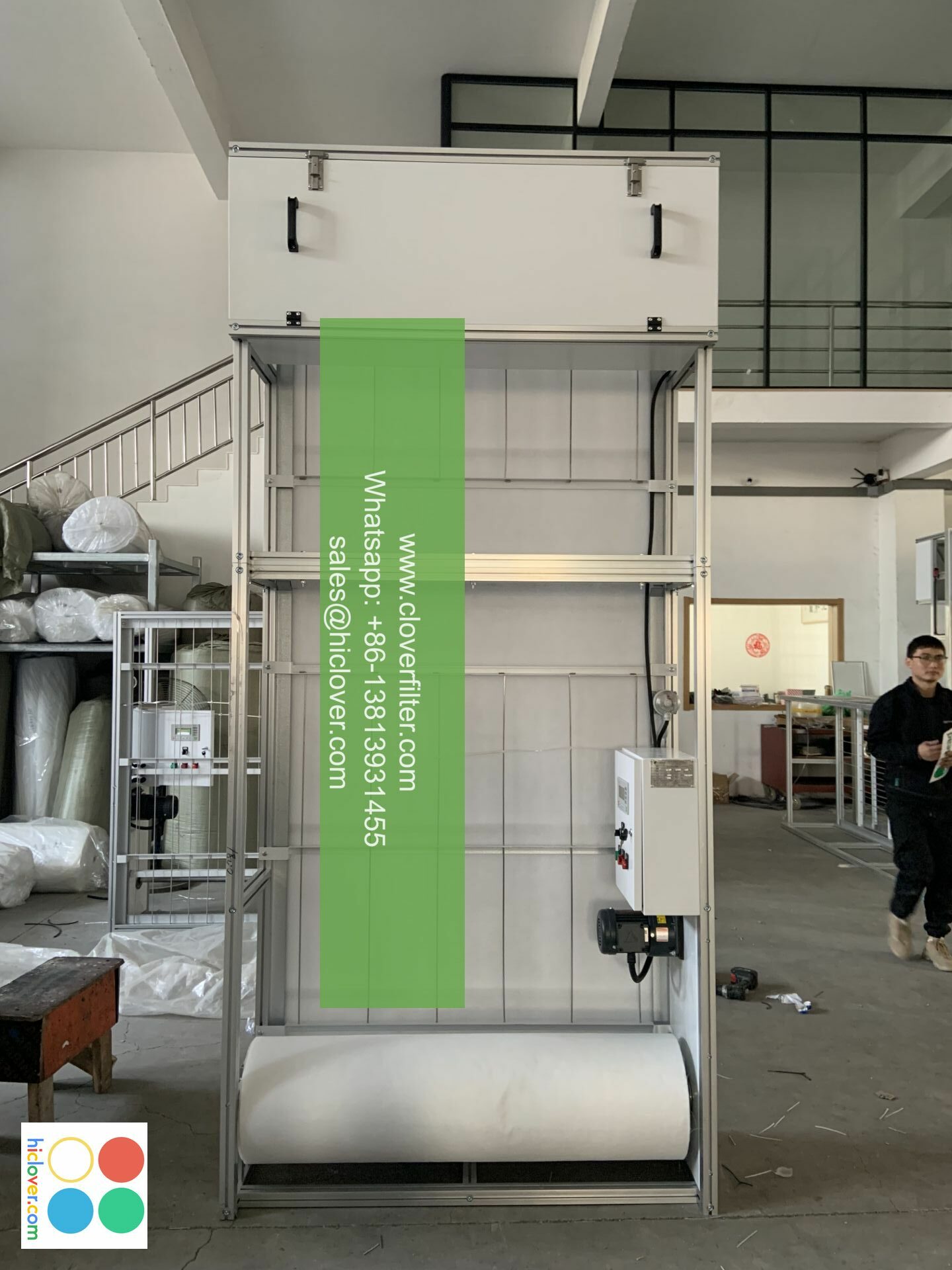Air Filter Analysis for Industrial Applications

Air filter analysis is a crucial aspect of industrial applications, as it plays a significant role in maintaining the quality of air and ensuring the efficient operation of equipment. In this article, we will delve into the world of air filter analysis, exploring its importance, types, and applications in various industries.
Introduction to Air Filter Analysis
Air filter analysis involves the evaluation of air filters to determine their effectiveness in removing particulate matter, gases, and other contaminants from the air. This process is essential in industrial settings, where air quality can have a significant impact on equipment performance, product quality, and worker health. By analyzing air filters, industries can identify areas for improvement, optimize their filtration systems, and reduce the risk of equipment failure and downtime.
Types of Air Filters Used in Industrial Applications
There are several types of air filters used in industrial applications, including:
* HEPA (High Efficiency Particulate Air) filters, which are designed to capture 99.97% of particles as small as 0.3 microns
* Activated carbon filters, which are used to remove gases, odors, and volatile organic compounds (VOCs) from the air
* Pre-filters, which are used to capture larger particles and protect more efficient filters downstream
* Bag filters, which are used in dry environments to capture particles and contaminants
Application Areas of Air Filter Analysis
Air filter analysis has a wide range of applications in various industries, including:
* Pharmaceutical manufacturing, where air quality is critical to product purity and safety
* Food processing, where air filtration is essential to preventing contamination and maintaining product quality
* Chemical processing, where air filtration is used to remove hazardous chemicals and prevent accidents
* Aerospace engineering, where air filtration is critical to maintaining the quality of sensitive equipment and components
* Automotive manufacturing, where air filtration is used to improve paint finish and reduce dust and debris
Key Considerations in Air Filter Analysis
When conducting air filter analysis, there are several key considerations to keep in mind, including:
* Filtration efficiency, which refers to the ability of the filter to capture particles and contaminants
* Pressure drop, which refers to the decrease in pressure across the filter and can impact equipment performance
* Filter life, which refers to the length of time the filter can operate effectively before needing to be replaced
* Maintenance requirements, which can impact the overall cost and effectiveness of the filtration system
Benefits of Air Filter Analysis
Air filter analysis offers a range of benefits to industries, including:
* Improved air quality, which can lead to better product quality and reduced equipment maintenance
* Increased efficiency, which can lead to reduced energy consumption and lower operating costs
* Extended equipment life, which can lead to reduced replacement costs and downtime
* Enhanced worker health and safety, which can lead to reduced absenteeism and improved productivity
Conclusion
In conclusion, air filter analysis is a critical aspect of industrial applications, playing a vital role in maintaining air quality, equipment performance, and worker health. By understanding the importance of air filter analysis and its various applications, industries can optimize their filtration systems, reduce costs, and improve overall efficiency. Whether you’re in the pharmaceutical, food processing, chemical processing, aerospace, or automotive industry, air filter analysis is an essential tool for ensuring the quality and reliability of your operations. You haven’t asked a question or provided any context. What would you like to talk about or ask? I’ll do my best to provide a helpful and direct response.

